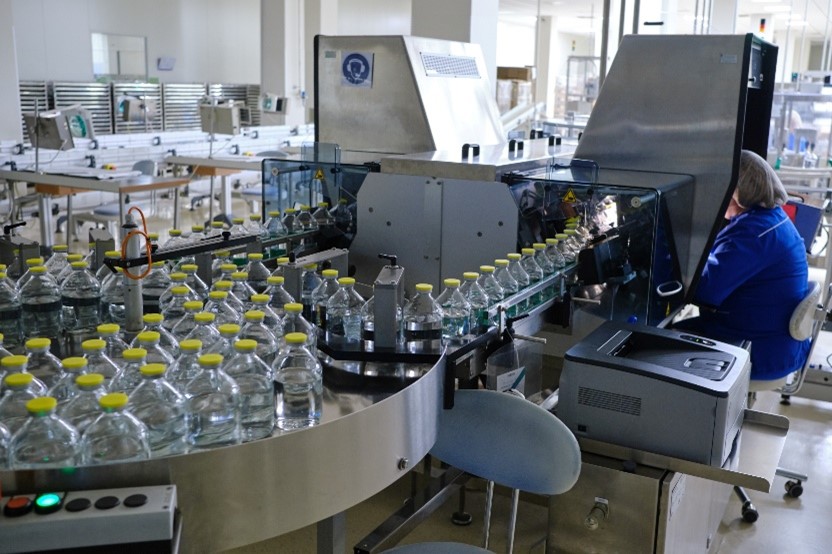Colin Calabrese of Wilmington, NC is a chemistry professor with extensive research in organic and medicinal chemistry. In the following article, Colin Calabrese reports on the upcoming pharmaceutical approvals set to release in 2023, and the benefits of these medications for treating disease.
Many were surprised to find that last year the FDA approved a total of only 37 novel drugs, barely two thirds of the number approved in 2021.
With that in mind, all eyes are on the administration in 2023, to see which drugs will meet with their approval this year, and several are rumored to be causing great anticipation in a variety of medical fields.
While the FDA have acknowledged the seemingly promising data, which suggests that Eli Lilly's amyloid-targeting drug slows cognitive and functional decline in Alzheimer's patients, approval remains elusive.
According to some reports, this is due to the FDA requesting further testing in relation to side effects of the drug. While Lilly has filed for accelerated approval, without full sign-off by the FDA, insurance companies will refuse to cover it in their policies.
Xacduro is a timely drug produced by Innoviva and will be used by medical staff looking to treat HBAP (hospital acquired bacterial pneumonia) and VABP (ventilator associated bacterial pneumonia), both of which have plagued hospitals in greater numbers since the outbreak of the covid-19 pandemic.
Notoriously difficult to treat, the bacteria Acinetobacter sits at the top of the list of bacteria that pose great risk to humans, so FDA approval of Xacduro is surely welcome.
SRP-9001 is a gene therapy that is set to be administered to young sufferers of Duchenne muscular dystrophy, a genetic disorder that occurs when a protein called dystrophin is altered, causing irreversible muscle wastage.
The new drug, thought to be very shortly fully approved, will replicate the genetic code of dystrophin, therefore slowing the progression of Duchenne muscular dystrophy.
FDA reticence remains an issue, however, due to the newness of gene therapies in the field of neurology, but Serapta and DMD sufferers alike remain hopeful of approval in the coming months.
Despite full approval being rejected earlier in 2023 after the FDA requested further information concerning the ingenious pump device used to administer foscarbidopa, hope remains high that AbbVie will be able to meet the agency's requests and soon push for full licensing.
Foscarbidopa is a combination of levodopa, a dopamine replacement, and carbidopa, a dopamine promoter. Both are used to treat motor fluctuation symptoms in patients who are in the advanced stages of Parkinson's disease, and foscarbidopa serves as a novel way to administer both drugs.
Administered subcutaneously in the abdomen, foscarbidopa is a highly soluble method of delivering levodopa and carbidopa to patients who struggle to take oral medication. Colin Calabrese explains that Dyskinesia, or involuntary movement caused by Parkinson's, is taken under control by the drug.
 Depression Drug Steps Closer to Approval
Depression Drug Steps Closer to ApprovalPsychiatrists remain intrigued by the drug, clinical trials of which have shown positive results among patients who reported rapid improvement in their symptoms.
Colin Calabrese says that given its effective use for patients who suffer from postpartum depression, news of the drug's impending approval comes as welcome news for doctors in reproductive psychiatry in particular.
Zuranolone is thought to be like brexanolone, another neuroactive steroid known for being a rapid-acting, short course therapy used to treat acute depressive disorders. Despite its appeal to women with postpartum depression, zuranolone also had good results in males with major depressive disorder.
Colin Calabrese also notes that there is a need in the market for more rapid-acting drugs for mental health disorders, and with zuranolone showing positive effects within just 48-72 hours of commencing treatment, it is little wonder that this is a drug to look out for in 2023.